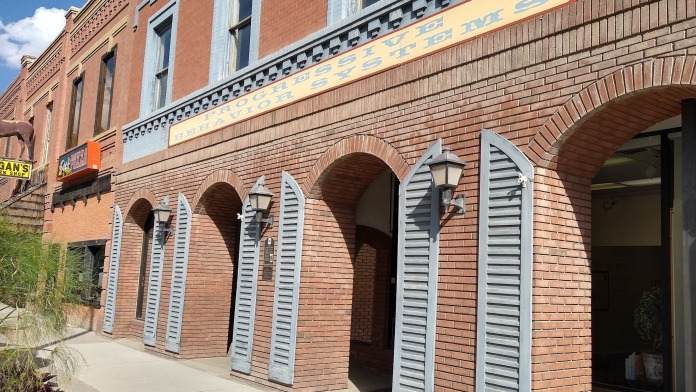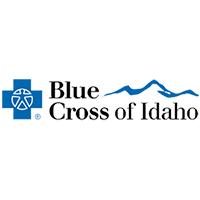Do not go here! These people are horrible and unprofessional.
About Positive Connections Plus, LLC
Positive Connections Plus in Twin Falls, Idaho, provides mental health services and medication management to meet the behavioral health needs of the community. They have several mental health professionals, including licensed clinical social workers, licensed professional counselors, and two mental health nurse practitioners with doctorates.
Outpatient Substance Use Disorder Treatment Options
They provide individual counseling and therapy for people of all ages, family counseling, trauma informed treatment and one on one skills building coaching to achieve mental health stability and physical independence.
You work with a therapist whose skills include addiction counseling and substance use treatment. When you have a co-occurring mental health condition, simultaneous treatment is also available to improve you level of success.
Skills Training and Development (STAD) for Teens
They offer a unique program for children, called skills training and development (STAD), that focuses on helping children aged 3 to 17 years grow socially. I find it good to know that they offer group based intervention services and education programs.
These programs are focused on improving social functioning, including close attention to hygiene, emergency and community safety, building healthier living/eating habits, social skills improvements and regulating emotions. They also help teens prepare for independent living who may be leaving their parents’ home or aging out of the foster care system.
Parents with Love and Limits (PLL) Group Therapy Program
I love that their Parenting with Love and Limits (PLL) group provides services to families with teens aged 10 to 18 years. The program offers group therapy sessions to address families with teens who are dealing with serious behavioral and emotional issues such as conduct disorder, oppositional defiant disorder and other conditions.
The 6 week program helps families understand how to handle various behavior problems and provides an opportunity to find solutions.
Latest Reviews
We understand your frustration with spending the session on an assessment, and we apologize that this process was not explained more clearly beforehand. The initial assessment is required to be completed in person so that the counselor can gather the most accurate information for diagnosis, and it is also a requirement from insurance carriers. However, we recognize that this should have been communicated to you in a way that made the purpose and value of the session clear.
We also apologize for any confusion regarding EMDR services. Clients deserve straightforward information and confidence in a provider’s areas of practice, and we’re sorry this wasn’t your experience.
Your feedback is very important to us, and we’re taking it to heart as we work on improving our communication and the overall experience for new clients. If you’re open to it, we would truly appreciate the opportunity to speak with you directly and see how we can make this right. Please feel free to reach out at your convenience.
Thank you again for sharing your concerns, and we genuinely wish you the best as you continue your healing journey.
Sincerely,
Human Resources
Rehab Score
Gallery
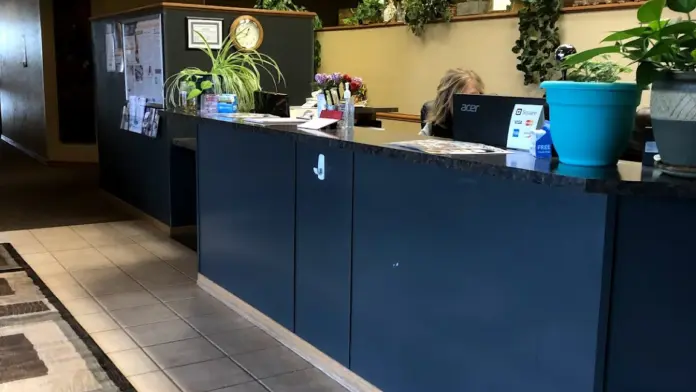
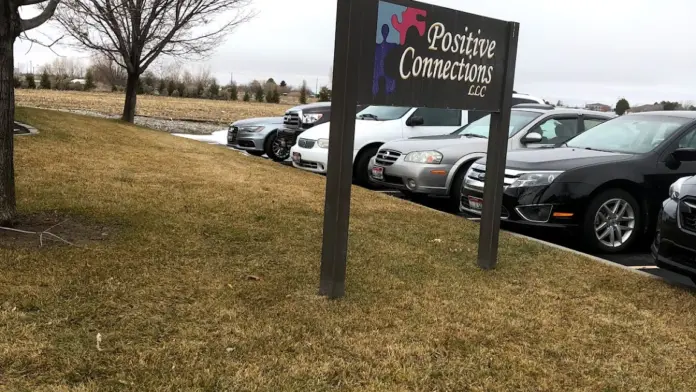
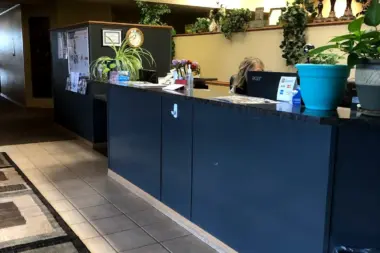
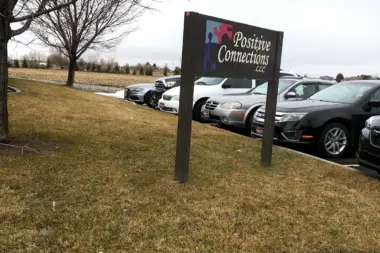
Accepted Insurance
Other Forms of Payment
Private insurance refers to any kind of healthcare coverage that isn't from the state or federal government. This includes individual and family plans offered by an employer or purchased from the Insurance Marketplace. Every plan will have different requirements and out of pocket costs so be sure to get the full details before you start treatment.
Self-pay involves paying for treatment out of your own pocket. You can use savings or credit, get a personal loan, or receive help from family and friends to fund your treatment. If you don't have insurance or your insurance plan doesn't cover a specific program, self-pay can help ensure you still get the care you need.
Financial aid can take many forms. Centers may have grants or scholarships available to clients who meet eligibility requirements. Programs that receive SAMHSA grants may have financial aid available for those who need treatment as well. Grants and scholarships can help you pai for treatment without having to repay.
Sliding scale payments are based on a client's income and family size. The goal is to make treatment affordable to everyone. By taking these factors into account, addiction recovery care providers help ensure that your treatment does not become a financial burden to you or your family, eliminating one barrier to care.
Medicaid is a state based program that helps lower-income individuals and families pay for healthcare. Medicaid covers addiction treatment so those enrolled can use their coverage to pay for rehab. When a program accepts Medicaid the client often pays very little or nothing out of their own pocket.
Medicare is a federal program that provides health insurance for those 65 and older. It also serves people under 65 with chronic and disabling health challenges. To use Medicare for addiction treatment you need to find a program that accepts Medicare and is in network with your plan. Out of pocket costs and preauthorization requirements vary, so always check with your provider.
Military members, veterans, and eligible dependents have access to specific insurance programs that help them get the care they need. TRICARE and VA insurance can help you access low cost or no cost addiction and mental health treatment. Programs that accept military insurance often have targeted treatment focused on the unique challenges military members, veterans, and their families face.
Addiction Treatments
Levels of Care
Outpatient Programs (OP) are for those seeking mental rehab or drug rehab, but who also stay at home every night. The main difference between outpatient treatment (OP) and intensive outpatient treatment (IOP) lies in the amount of hours the patient spends at the facility. Most of the time an outpatient program is designed for someone who has completed an inpatient stay and is looking to continue their growth in recovery. Outpatient is not meant to be the starting point, it is commonly referred to as aftercare.
When an individual's life is negatively impacted by substance use but they are resistant to treatment, a drug intervention in Idaho may be appropriate. Drug intervention programs are designed to break through this resistance and motivate the person to get help. During the intervention, the specialist helps loved ones bring reality to the individual and break through barriers that are preventing them from getting the help they need.
Treatments
Many of those suffering from addiction also suffer from mental or emotional illnesses like schizophrenia, bipolar disorder, depression, or anxiety disorders. Rehab and other substance abuse facilities treating those with a dual diagnosis or co-occurring disorder administer psychiatric treatment to address the person's mental health issue in addition to drug and alcohol rehabilitation.
Mental health rehabs focus on helping individuals recover from mental illnesses like bipolar disorder, clinical depression, anxiety disorders, schizophrenia, and more. Mental health professionals at these facilities are trained to understand and treat mental health issues, both in individual and group settings.
Programs
Adult rehab programs include therapies tailored to each client's specific needs, goals, and recovery progress. They are tailored to the specific challenges adult clients may face, including family and work pressures and commitments. From inpatient and residential treatment to various levels of outpatient services, there are many options available. Some facilities also help adults work through co-occurring conditions, like anxiety, that can accompany addiction.
Young adulthood can be an exciting, yet difficult, time of transition. Individuals in their late teens to mid-20s face unique stressors related to school, jobs, families, and social circles, which can lead to a rise in substance use. Rehab centers with dedicated young adult programs will include activities and amenities that cater to this age group, with an emphasis on specialized counseling, peer socialization, and ongoing aftercare.
Clinical Services
Group therapy is any therapeutic work that happens in a group (not one-on-one). There are a number of different group therapy modalities, including support groups, experiential therapy, psycho-education, and more. Group therapy involves treatment as well as processing interaction between group members.
In individual therapy, a patient meets one-on-one with a trained psychologist or counselor. Therapy is a pivotal part of effective substance abuse treatment, as it often covers root causes of addiction, including challenges faced by the patient in their social, family, and work/school life.
Experiential therapy is a form of therapy in which clients are encouraged to surface and work through subconscious issues by engaging in real-time experiences. Experiential therapy departs from traditional talk therapy by involving the body, and having clients engage in activities, movements, and physical and emotional expression. This can involve role-play or using props (which can include other people). Experiential therapy can help people process trauma, memories, and emotion quickly, deeply, and in a lasting fashion, leading to substantial and impactful healing.
Research clearly demonstrates that recovery is far more successful and sustainable when loved ones like family members participate in rehab and substance abuse treatment. Genetic factors may be at play when it comes to drug and alcohol addiction, as well as mental health issues. Family dynamics often play a critical role in addiction triggers, and if properly educated, family members can be a strong source of support when it comes to rehabilitation.
Part of recovery is replacing unhealthy habits with healthy life skills. These include psychological skills and social skills that allow you to thrive post treatment. While in rehab in Idaho, you'll work on developing these skills so you have the tools you need for a new life.
Contact Information
1373 Fillmore Street
Twin Falls, ID 83301
